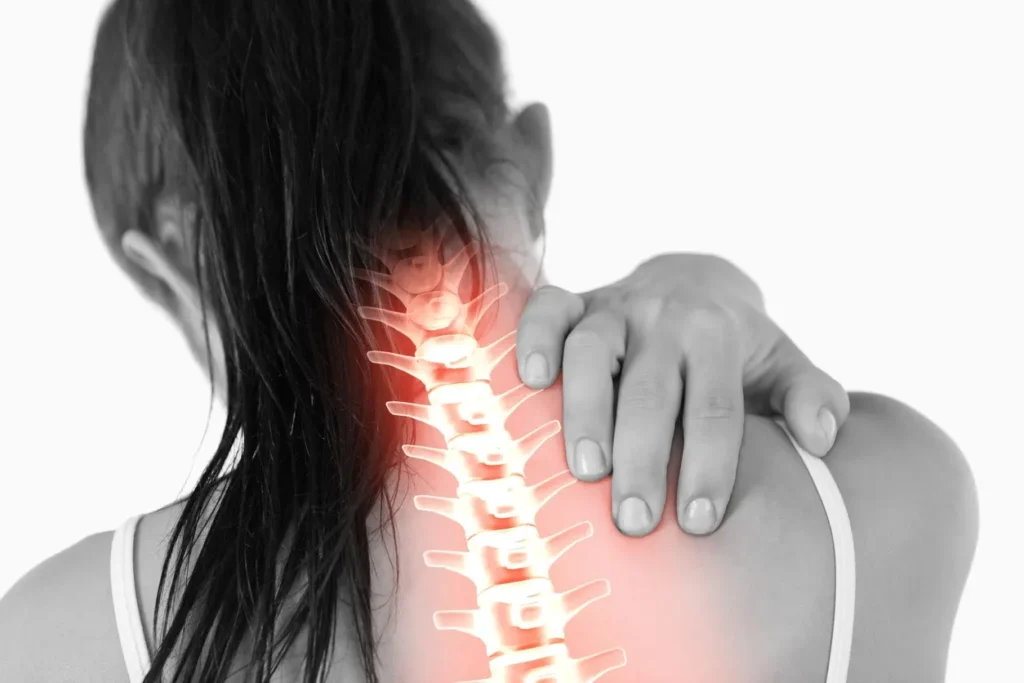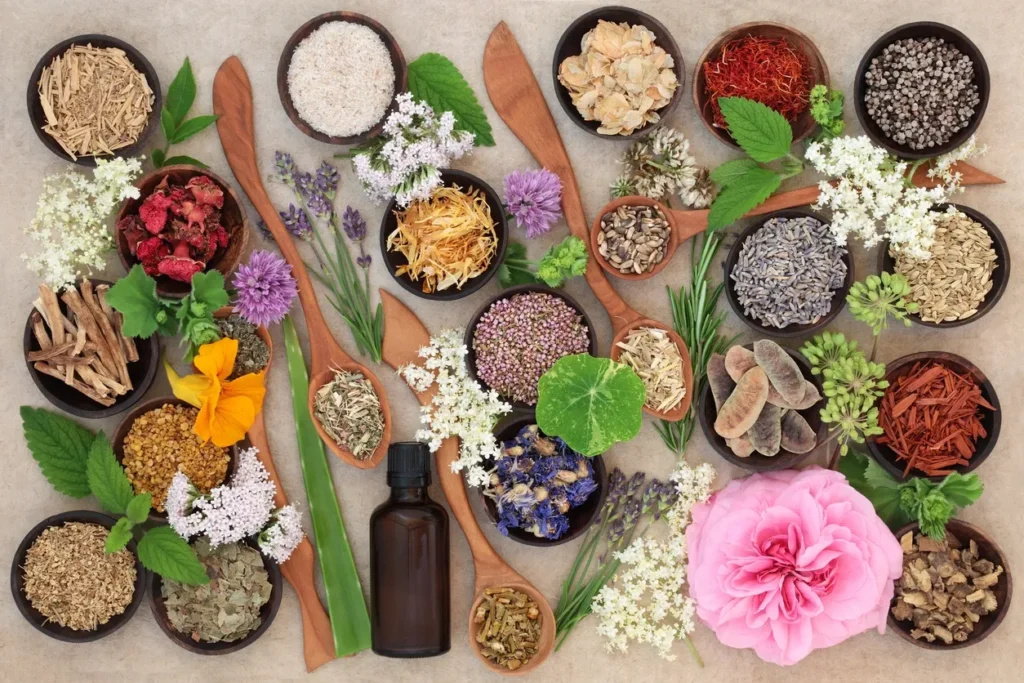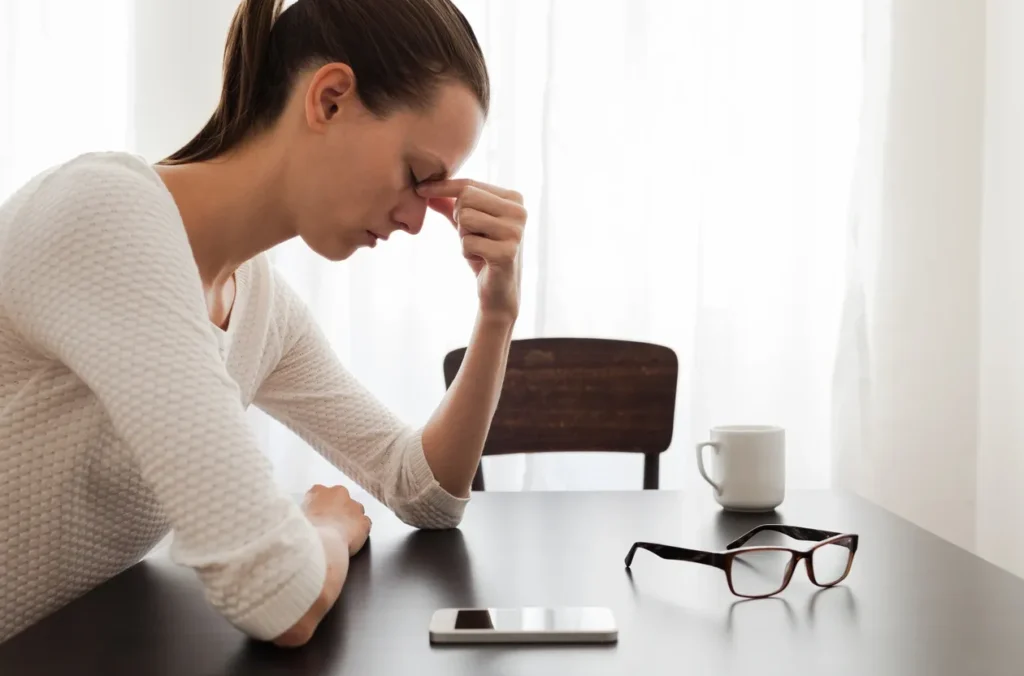Are you feeling a little down, or is something else going on? Depression is much more common than you may realize. In fact, about 17% of Americans aged 18 and older have a diagnosable mental health condition called depression. If you or a loved one think you may have depression, here are ten things you should know about depression.
1. Depression often happens to people who have a serious illness or chronic health condition
The Depression and Bipolar Support Alliance report that people with cancer, HIV, heart disease, or other health problems often become depressed. For instance, one-third of patients with diabetes report ongoing symptoms of clinical depression.
2. Depression and anxiety often co-exist
In fact, depression symptoms, such as irritability and poor concentration, can be misdiagnosed as an anxiety disorder. However, both mental health conditions can be present, and treated, simultaneously.
3. Depression is not just about feeling sad
There are other symptoms associated with depression. Anger and irritability are both common symptoms.
4. Chronic pain can be a symptom of depression
The pain may be widespread or occur in just one part of the body, such as the neck or back. Additionally, the pain may come and go, coinciding with the mood swings characteristic of depression.
5. Recreational drugs contribute to depressive symptoms
Simple recreational use of alcohol or substances such as marijuana leads to depressed moods. Unfortunately, many people who have clinical depression often self-medicate with alcohol, causing addiction problems.
6. Untreated, depression worsens, leading to disordered and distorted thoughts
As such, depression requires prompt diagnosis and treatment to make symptoms manageable and to improve the quality of a person’s life.
7. Depression impacts family, friends, and co-workers
Your mental status and mood affect the people you love and those you interact with every day. Even the most sympathetic of spouses or friends can begin to distance themselves physically and emotionally from someone who is depressed and is not willing to seek treatment.
8. Exercise benefits people with depression
Daily exercise–including light aerobic activities–not only keeps your heart in shape, but also raises the level of endorphins in the blood. Endorphins are the brain’s natural mood elevators; so, when you move more, you feel happier and more focused.
9. Treatment for depression can succeed if it’s not interrupted
Depression can be successfully managed with an individual care plan to include a mix of therapy, counseling, medication, diet, and more. However, patients must stick with the plan to sustain wellness and quality of life. Quitting too soon because of stigma or medication side effects can prevent recovery.
10. Age is no barrier to depression
People of all ages, including children, teens, adults, and seniors, can be depressed. In fact, with the senior population, research indicates numbers as high as 7 million people in the United States alone have depression, as reported by the Centers for Disease Control and Prevention.
Find Out More About Depression
At Tremedy, our skilled and compassionate providers deliver mental healthcare centered on body, mind, and spirit. They assist people from all walks of life in developing and maintaining wellness plans for depression, particularly if it coincides with a major physical health problem, such as cancer.
Contact us today for a consultation at our Sandy Springs, GA, office: 770-759-0650 or book online. Remember, we are here to help.




